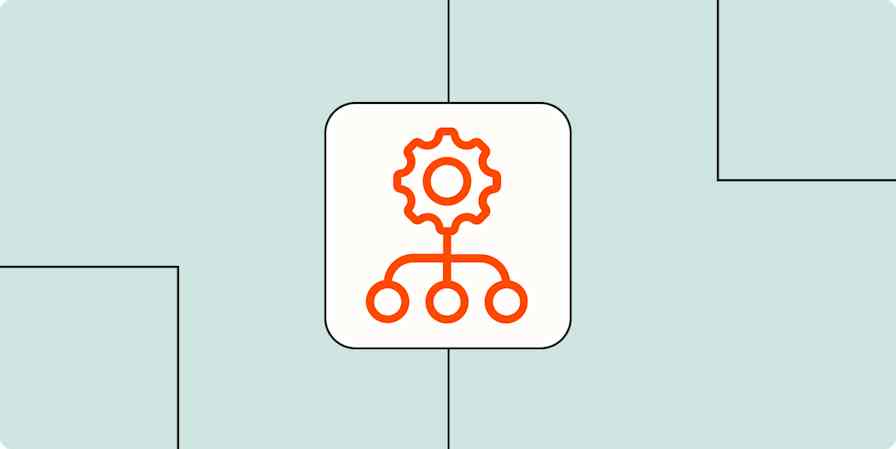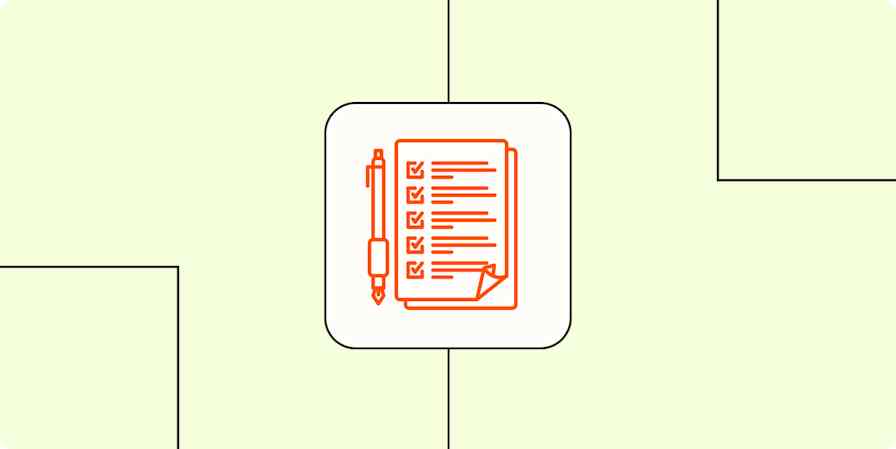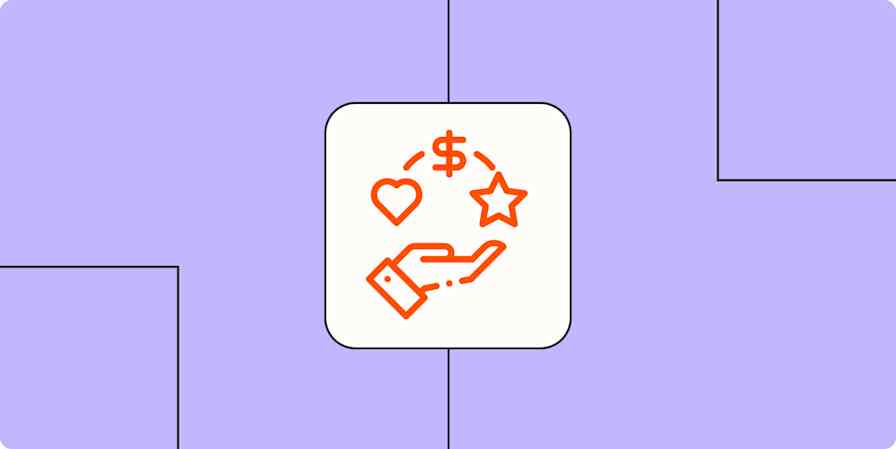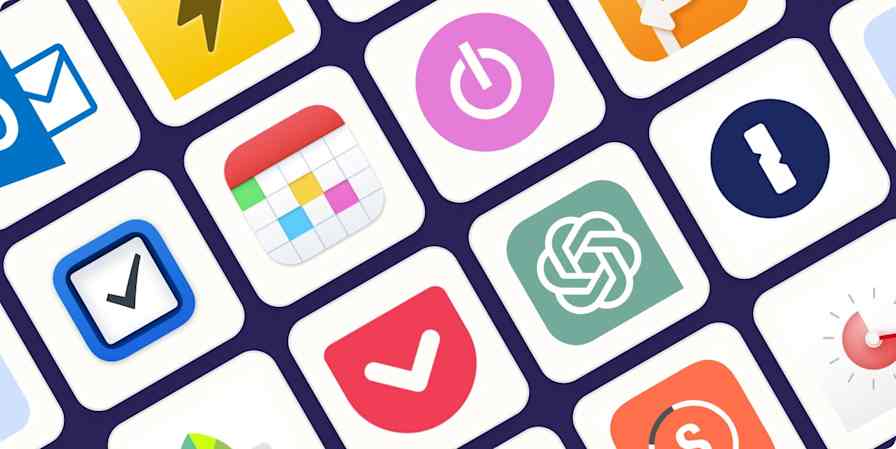Productivity tips
5 min readWork-life balance isn't just personal—it's business
What parenting taught me about setting Slack guidelines
By Breetel Graves · March 11, 2021

Get productivity tips delivered straight to your inbox
We’ll email you 1-3 times per week—and never share your information.
Related articles
Improve your productivity automatically. Use Zapier to get your apps working together.







